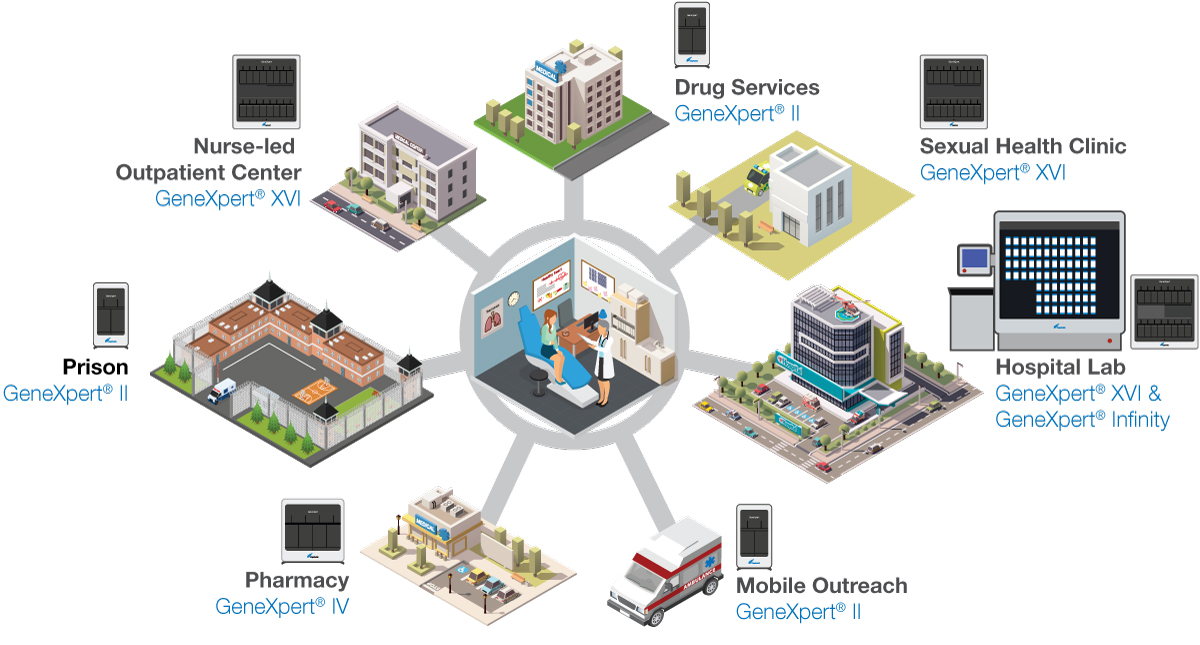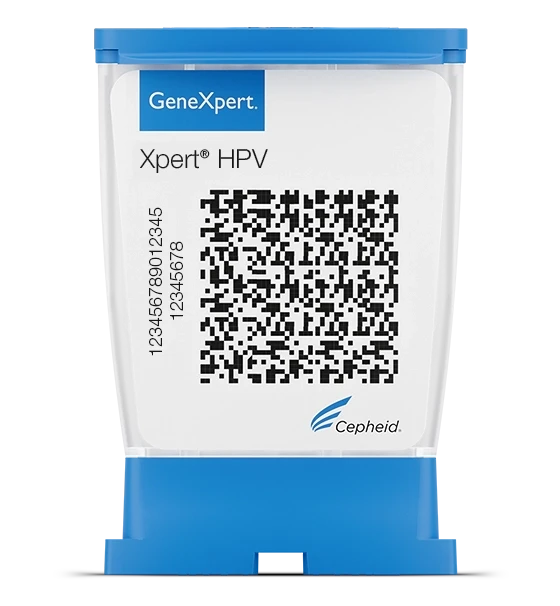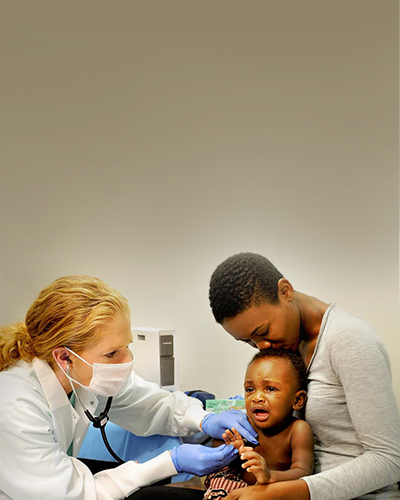Better Testing Everywhere
Consistent and High-Quality Care for Every Setting
Anywhere your patients need care, Cepheid’s GeneXpert® System can deliver fast, accurate, and reliable answers. Cepheid’s flexible solution enables a standardized platform for more impactful patient care―in both centralized and decentralized testing locations.


Xpert HCV VL Fingerstick - Near Patient Testing for Hepatitis C
The WHO has set a goal to eliminate Hepatitis C by 2030. England will strive for 2025.

Cepheid HPV Testing — She Deserves to Know
There are many health challenges, particularly for women, in South Africa. Learn how a community-based clinic research project is making a difference.

Australian Hospital Emergency Department leverages GeneXpert® for rapid flu testing
St Vincent’s Hospital Pathology (Melbourne, Australia) supports Emergency Department by delivering rapid flu testing with Cepheid's GeneXpert® System.

Meet our Game-Changing Platform
Cepheid’s GeneXpert® System is the #1 molecular diagnostic platform in the world*. Find out why it’s the ideal choice for providing better answers, no matter the healthcare setting.

Xpert HCV VL Fingerstick - Near Patient Testing for Hepatitis C
The WHO has set a goal to eliminate Hepatitis C by 2030. England will strive for 2025.

Cepheid HPV Testing — She Deserves to Know
There are many health challenges, particularly for women, in South Africa. Learn how a community-based clinic research project is making a difference.

Australian Hospital Emergency Department leverages GeneXpert® for rapid flu testing
St Vincent’s Hospital Pathology (Melbourne, Australia) supports Emergency Department by delivering rapid flu testing with Cepheid's GeneXpert® System.

Meet our Game-Changing Platform
Cepheid’s GeneXpert® System is the #1 molecular diagnostic platform in the world*. Find out why it’s the ideal choice for providing better answers, no matter the healthcare setting.
Simplification of testing and treatment in the quest to eliminate hepatitis C infection
Globally, 71 million people are living with hepatitis C virus (HCV) infection, but the burden of HCV continues to increase. Between 2015 and 2030, WHO targets include reducing new HCV infections by 80% and HCV deaths by 65%, and increasing HCV diagnoses from <20% to 90% and the number of eligible persons receiving HCV treatment from <10% to 80%. To achieve these targets, targeted interventions are needed to enhance HCV testing, linkage to care, and treatment (“the HCV care cascade”). This presentation reviews available evidence on strategies that have been successfully used to enhance HCV testing, linkage to care.
Early diagnosis of HIV and use of molecular Point-of-Care HIV testing as part of a comprehensive strategy to end HIV transmission
In this webinar, Dr. Larissa May discusses the diagnosis of sexually transmitted infections in the Emergency Department, the need for evidence-based medicine, and how same-visit treatment and management can be facilitated with on-demand testing for CT/NG.
The Neglected STI: Trichomonas vaginalis
Among US women ages 14-49 the prevalence of Trichomonas vaginalis infection is estimated to be 2.3 million, though 85% of women found to have trichomoniasis report no symptoms. With varied complications such as increased risk of HSV-2/HIV acquisition, pelvic inflammatory disease and pre-term birth it has become increasingly important to identify and treat these patients quickly. This webinar will explore the renewed interest to screen and diagnose T. vaginalis in women. It will examine current testing methods available and provide updates regarding treatment options.
Bringing Molecular Testing Closer to the Patient
Over the past 20 years, there has been a continuous shift toward the decentralization of clinical laboratory testing. With recent advances in the speed and accuracy of point-of-care tests, it is now possible to bring molecular infectious disease testing closer to the patient. This webinar explores the benefits of molecular point-of-care testing as a means of improving patient outcomes and quality of care. Currently available testing methods are reviewed, with an emphasis on the importance of lab testing in the era of performance-driven healthcare.
Acute Pharyngitis Visits in the ED: What’s the Big Deal?
Acute pharyngitis is a frequent complaint seen in the Emergency Department, and group A Streptococcus is the most common bacterial etiology of pediatric pharyngitis. Globally, 616 million people are diagnosed annually with group A Streptococcus (GAS) pharyngitis. Of these, 18.1 million cases develop severe GAS disease, and 517,000 people die every year due to GAS disease. Understand why the status quo of testing has led to missing GAS cases and overuse of antibiotics for treatment. Learn how new advances in rapid molecular testing can improve your test results and aid in effective management of your patients.
Key Links

Cepheid GeneXpert® Systems

Tests

Xpert® HCV VL Fingerstick






